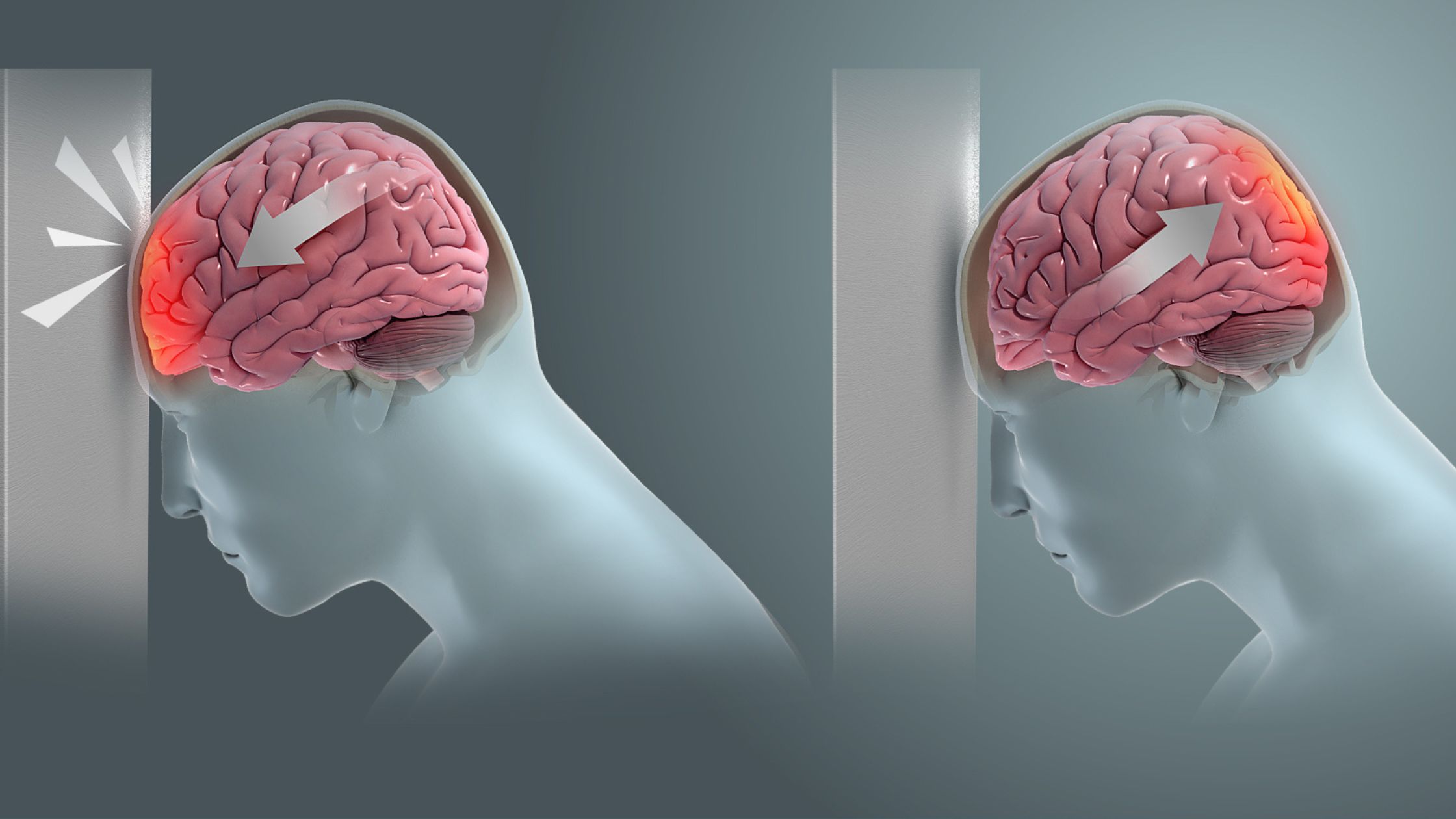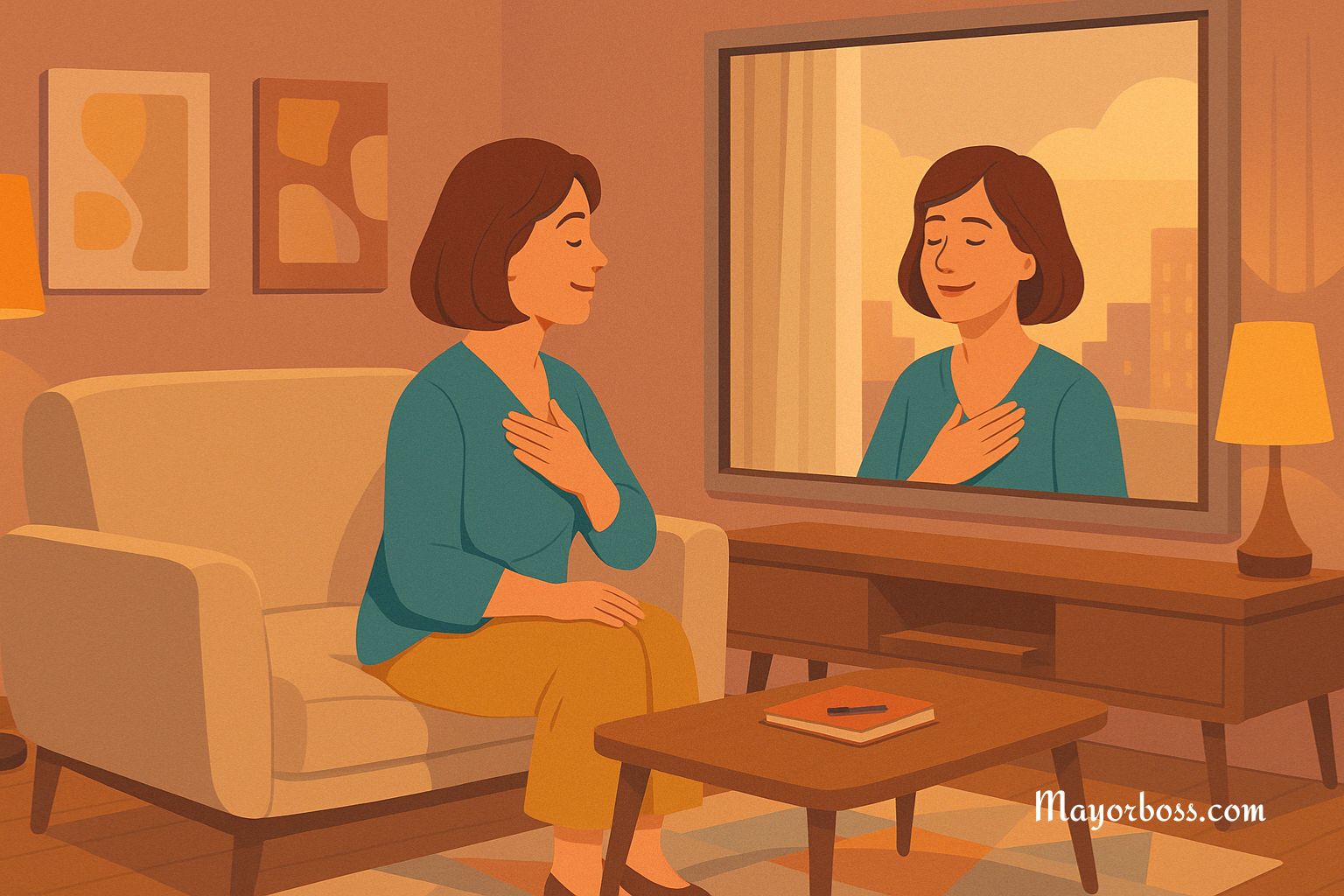10 Physical Symptoms of Depression
Depression is usually thought of as an emotional issue involving feelings of sadness, hopelessness, and lack of motivation. However, it’s crucial to understand that depression can also manifest physically. These physical symptoms can be just as debilitating as the emotional ones. So, let’s take a closer look at 10 common physical symptoms of depression.
1) Changes in Sleep Patterns
Depression often affects your sleep. You might find yourself sleeping too much, known as hypersomnia, or struggling with insomnia, where you can’t fall asleep or stay asleep. These disruptions in sleep not only affect your energy levels but can also exacerbate your mood.
2) Fatigue and Decreased Energy
Feeling overwhelmingly tired is a common physical symptom of depression. You might feel a lack of energy almost all the time, even after a full night’s sleep. This fatigue can make it hard to get out of bed or do normal activities.

3) Appetite or Weight Changes
Depression can lead to significant changes in appetite. For some, it results in increased appetite and weight gain. For others, there’s a loss of appetite and weight loss. These changes aren’t due to dieting but are directly linked to depression.
4) Physical Aches and Pains
Unexplained aches and pains, like headaches, muscle aches, or back pain, are often reported in people with depression. These pains can be persistent and don’t seem to have a clear physical cause.
5) Digestive Problems
Depression can affect your digestive system. You might experience symptoms like nausea, indigestion, diarrhea, or constipation. These issues can be distressing and further impact your mood and comfort.
6) Agitation and Restlessness
Physical manifestations of depression can include an inability to sit still, pacing, hand-wringing, or a general sense of restlessness. This can be particularly noticeable if you’re also experiencing anxiety.
7) Slowed Movement and Speech
In some cases, depression can slow down your physical movements and speech. This symptom, often more noticeable to others than to yourself, can make daily tasks feel more challenging and time-consuming.
8) Change in Libido
A decreased interest in sex or a change in sexual performance can be a physical symptom of depression. This can impact your relationships and add to feelings of worthlessness or guilt.
9) Increased Susceptibility to Illness
When you’re depressed, your immune system may not function as well, making you more susceptible to colds and other infections. This increased illness frequency can further affect your mood and quality of life.
10) Disrupted Motor Coordination
In some cases, depression can lead to issues with motor coordination. This might include clumsiness, difficulty with coordination, or trouble with tasks that require fine motor skills.
It’s important to remember that these symptoms can vary widely from person to person. If you’re experiencing any of these symptoms, seeking help from a healthcare professional is essential. They can provide support and treatment options to help manage both the emotional and physical symptoms of depression.






